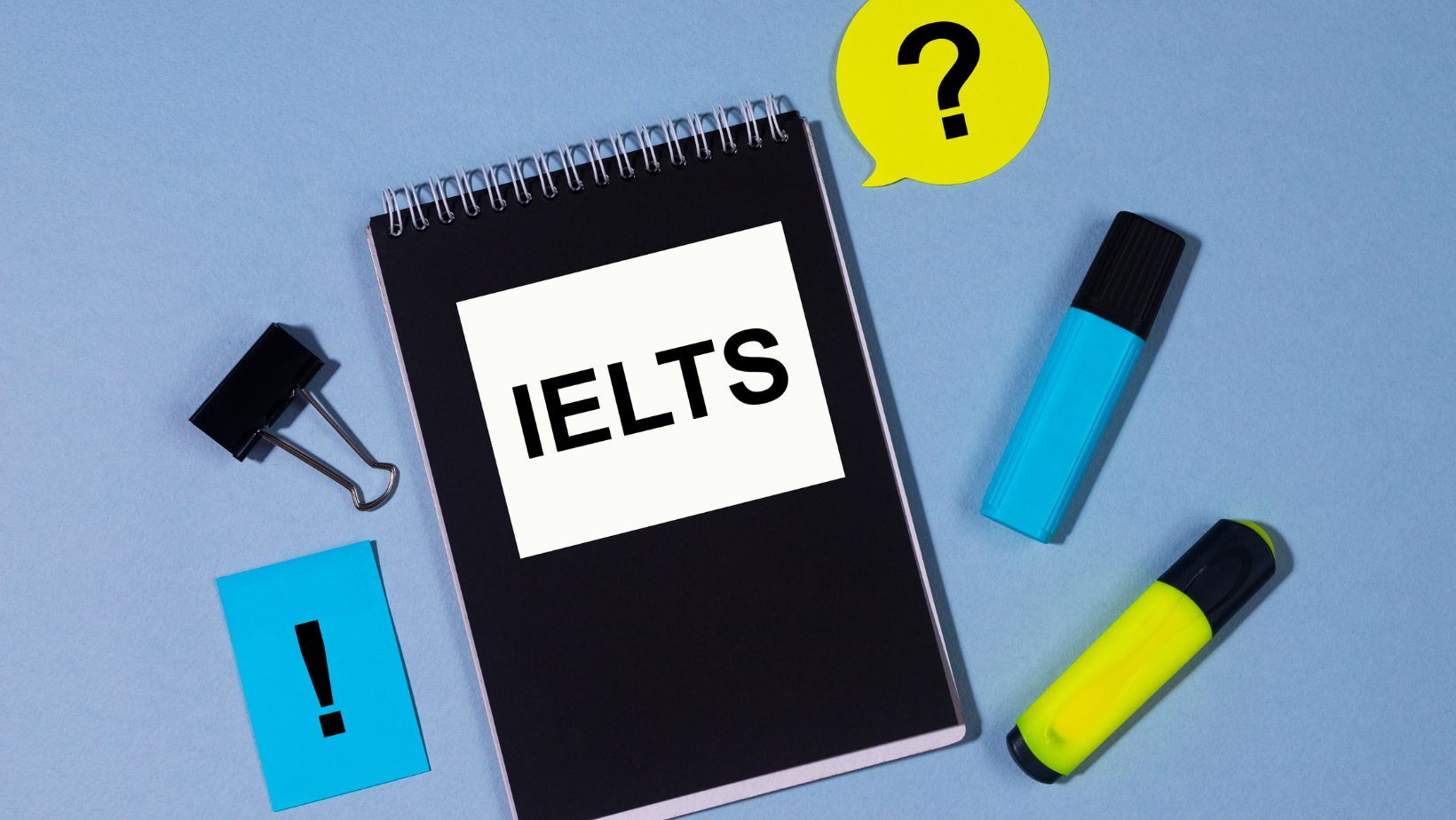The International English Language Testing System (IELTS) is a popular standardized test accepted globally to assess the English language proficiency of non-native speakers. As the test of choice for those looking to study, work, or immigrate to English-speaking countries, IELTS holds significant importance for aspiring candidates. This article will specifically discuss the significance of the IELTS score for Canada, including its role in immigration, Permanent Residency (PR) Visa, and work.
Table of Contents
What is IELTS?
The IELTS examination evaluates a candidate’s proficiency in the English language across four main categories: listening, reading, writing, and speaking. The test is scored on a band scale from 1 (non-user) to 9 (expert), with the average of the four components constituting the Overall Band Score. The scores are valid for two years from the date of the test.
Why is IELTS Important for Canada?
Canada, with its diverse culture, booming economy, and excellent standard of living, is a prime destination for immigrants. Proficiency in one of the two official languages—English or French—is a crucial requirement for Canadian immigration. Most candidates choose English and, consequently, the IELTS as a proof of their linguistic competence.
Canada uses a points-based immigration system called the Comprehensive Ranking System (CRS) for the Express Entry pool, which assigns points to potential immigrants based on various factors including age, education, work experience, and language proficiency. A higher IELTS score can increase a candidate’s overall CRS score, significantly improving their chances of receiving an Invitation to Apply (ITA) for Canadian PR.
Minimum IELTS Score for Canada PR Visa
The minimum IELTS score required for Canada PR Visa varies depending on the immigration program. According to the information from the referenced articles, the Federal Skilled Workers Program (FSWP), a popular immigration pathway under Express Entry, requires a minimum score of Canadian Language Benchmark (CLB) 7. This translates to an IELTS score of 6.0 in each of the four categories.
| Canadian Language Benchmark (CLB) | Listening | Reading | Writing | Speaking |
|---|---|---|---|---|
| 7 | 6.0 | 6.0 | 6.0 | 6.0 |
| 8 | 7.5 | 6.5 | 6.5 | 6.5 |
| 9 | 8.0 | 7.0 | 7.0 | 7.0 |
| 10 | 8.5 | 8.0 | 7.5 | 7.5 |
However, this is the bare minimum. The CRS awards more points for language proficiency up to a CLB level of 10, making a higher IELTS score advantageous. Note that provincial nominee programs may have different requirements.
IELTS Score for Canada Work Visa
For those seeking a Canada Work Visa, the required IELTS score can vary based on the job role and employer requirements. For instance, certain professional roles may demand advanced English language skills, and hence, a higher IELTS score.
Improving IELTS Score: Tips and Strategies
Scoring well in the IELTS requires practice and preparation. Here are a few strategies:
- Understand the Test Format: Familiarize yourself with the test format, timing, and types of questions. This will help you navigate the test more efficiently.
- Regular Practice: Regularly practice all four components of the test. Use sample questions and practice tests available online.
- Develop a Wide Vocabulary: A broad vocabulary can help you express ideas clearly in the speaking and writing sections, and understand texts better in the reading section.
- Improve Listening Skills: Regularly listen to English language broadcasts, podcasts, and music. This will help you understand different accents and improve your overall listening skills.
- Comprehensive Assessment: The ramp final exam evaluates your overall comprehension of ramp-related concepts and their application in real-world scenarios. It covers various topics such as slope calculations, material selection, construction techniques, and ADA compliance.
FAQs
1. Is the IELTS score mandatory for Canada immigration?
Yes, if you choose English as your first language, you need to provide an IELTS score to prove your language proficiency.
2. How often can I retake the IELTS?
There is no limit on the number of times you can take the IELTS. If you are not satisfied with your score, you can retake the test.
3. What happens if my IELTS score is lower than the minimum requirement?
If your IELTS score is lower than the required minimum, you may not qualify for the immigration program. You may choose to retake the test or improve your CRS score through other means such as gaining more work experience or furthering your education.
4. How long is my IELTS score valid?
Your IELTS score is valid for two years from the date of the test.
In conclusion, achieving a competitive IELTS score is essential for those looking to immigrate or work in Canada. With thorough preparation and a comprehensive understanding of the test and its implications, you can achieve your Canadian dream. Happy testing!

